Facing global challenges
Ensuring future food security is just one of the global challenges scientists are looking into at The Roslin Institute.
Genes, infectious diseases and the immune system all form part of the research at the Institute, which joined with the University’s Royal (Dick) School of Veterinary Studies in 2008.
The University researchers are also focused on understanding more about animal diseases.
This has implications not only for veterinary but also human medicine.
As well as focusing on improving productivity and disease resistance of livestock, improved treatment of illnesses in animals will also have implications for human medicine. This relates not only to preventing diseases that cross the species barriers but to treatments themselves.
Roslin in pictures
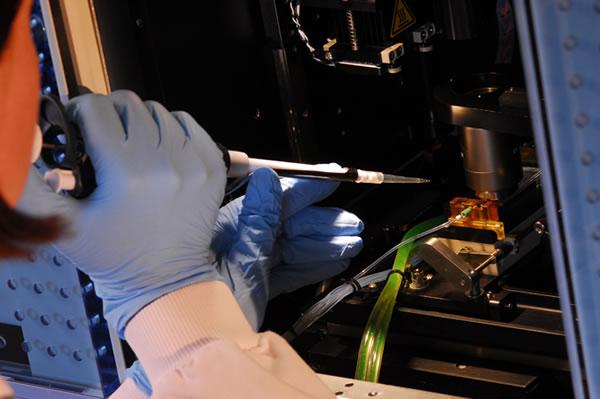
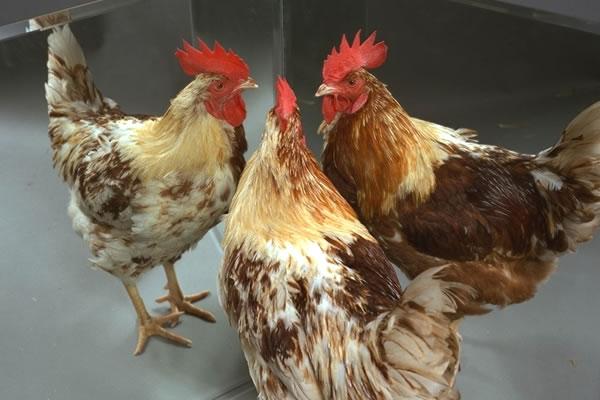
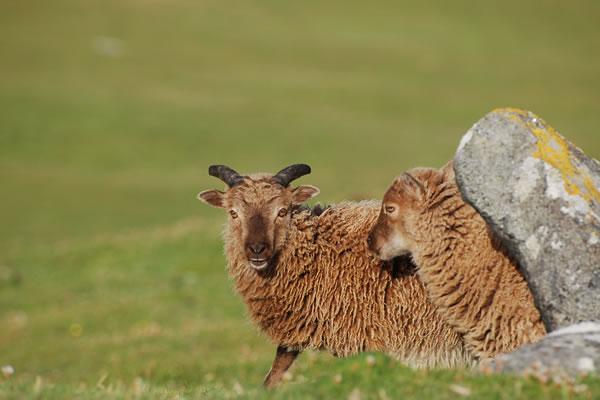
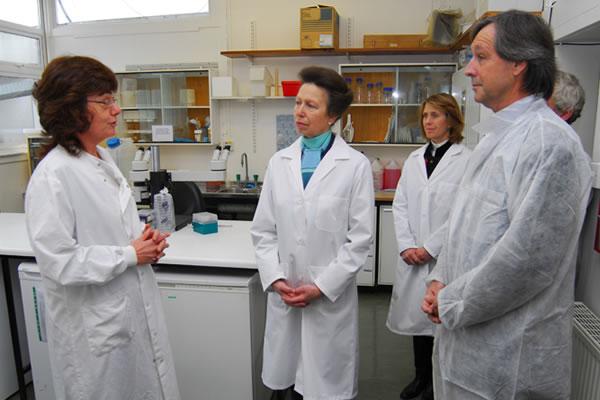
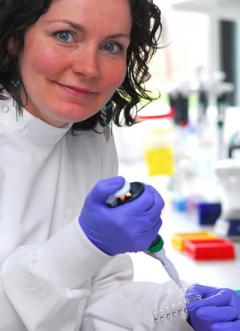
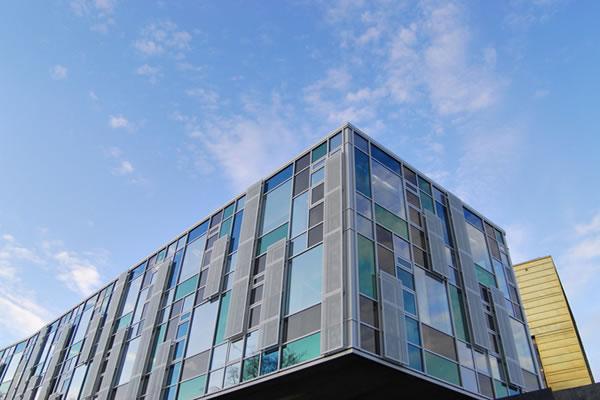
Expansion
Next year, The Roslin Institute will move to a state-of-the art £60 million research building with capacity for some 600 staff.
More than 450 staff and students from The Roslin Institute will be based in the new building.
This will create a world-leading critical mass to deliver the highest international quality research and postgraduate training in animal biosciences.
This building forms part of a £100 million development on the Easter Bush campus, which includes a new teaching building for the vet school.
Areas of expertise
The Roslin Institute, which hit the headlines with the cloning of Dolly the Sheep, is known for its expertise in genetics and genomics.
It has been involved in international collaborations to sequence and analyse genomes for chicken, pig, sheep and cattle with a view to better understanding disease.
Other areas of expertise at the Institute include studying infection and the role of the immune system, developmental biology and neuropathogenesis.
Food security
Research to improve the health and wellbeing of livestock will also help find new ways to provide a sustainable supply of food for a growing population.
Better knowledge of the role that genes play could also help animals from being infected by disease.
Roslin's ability to work from small animal models, through livestock species to companion animals and humans in unique in the UK.
Collaboration
The Roslin Institute is part of a larger consortium, the Easter Bush Research Consortium.
This includes animals sciences researchers of the Scottish Agricultural College, who will co-occupy the new building, and the nearby Moredun Research Institute.
Funding
The Biotechnology and Biological Research Council recently named The Roslin Institute as one of eight key institutes in its new strategy.
As such, the Institute will receive key funding from the UK’s leading bioscience agency over the next five years.
The Roslin Institute is already carrying out a number of research projects through a £40 million five year core-funding BBSRC grant, which runs until 2012.
Photography : Norrie Russell, Roslin Institute and Loeske Kruuk.

